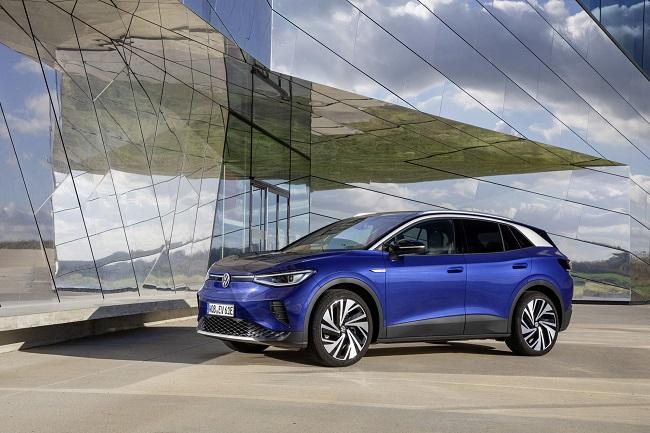Volkswagen Group Korea (VWGK) is focused on reviving sales and regaining consumer confidence, which was hurt by the company’s diesel emissions scandal in 2015.
In South Korea, Volkswagen voluntarily stopped selling vehicles in July 2016 and resumed sales in early 2018.
Sales remained weak in the following years but recently began to perk up due to new models and its “stabilization” efforts.
This year, the company changed its name from Audi Volkswagen Korea to VWGK in line with a global strategy to consolidate the group’s brands in countries into which it has advanced.
The name change is aimed at enhancing synergy and efficiency among its brands launched in Korea. VWGK’s role is to establish a solid business structure together.
Volkswagen Group carries seven out of its 10 brands in Korea — four under its wing and three independently. The four brands are Audi, Volkswagen, Bentley, and Lamborghini, and the three are Porsche, Ducati, and Volkswagen Commercial Vehicles.
In September, the Volkswagen ID.4 made its first debut outside of Europe in Korea, which the group sees as “essential” for its e-mobility business.
The Q4 e-Tron 40 is aimed at gaining a share in the burgeoning local EV market. Lamborghini launched the Urus S in Korea last month for the first time not only in Asia but worldwide.
In the coming year, VWGK’s Group Managing Director Till Scheer said the company plans to bring more EV models to Korea to benefit from the country’s advanced charging infrastructure and local consumers’ growing appetite for zero-emission cars.
Under the New Auto strategy, Volkswagen Group plans to launch 50 EV models globally by 2030 and raise the portion of EVs to 50 percent out of its overall lineup.



 The pandemic is still disrupting young people’s careers
The pandemic is still disrupting young people’s careers  TrumpRx Website Launches to Offer Discounted Prescription Drugs for Cash-Paying Americans
TrumpRx Website Launches to Offer Discounted Prescription Drugs for Cash-Paying Americans  Why financial hardship is more likely if you’re disabled or sick
Why financial hardship is more likely if you’re disabled or sick  Rio Tinto Shares Hit Record High After Ending Glencore Merger Talks
Rio Tinto Shares Hit Record High After Ending Glencore Merger Talks  Dollar Steadies Ahead of ECB and BoE Decisions as Markets Turn Risk-Off
Dollar Steadies Ahead of ECB and BoE Decisions as Markets Turn Risk-Off  OpenAI Expands Enterprise AI Strategy With Major Hiring Push Ahead of New Business Offering
OpenAI Expands Enterprise AI Strategy With Major Hiring Push Ahead of New Business Offering  CK Hutchison Launches Arbitration After Panama Court Revokes Canal Port Licences
CK Hutchison Launches Arbitration After Panama Court Revokes Canal Port Licences  Uber Ordered to Pay $8.5 Million in Bellwether Sexual Assault Lawsuit
Uber Ordered to Pay $8.5 Million in Bellwether Sexual Assault Lawsuit  Britain has almost 1 million young people not in work or education – here’s what evidence shows can change that
Britain has almost 1 million young people not in work or education – here’s what evidence shows can change that  Bank of Japan Signals Readiness for Near-Term Rate Hike as Inflation Nears Target
Bank of Japan Signals Readiness for Near-Term Rate Hike as Inflation Nears Target  Baidu Approves $5 Billion Share Buyback and Plans First-Ever Dividend in 2026
Baidu Approves $5 Billion Share Buyback and Plans First-Ever Dividend in 2026  Why have so few atrocities ever been recognised as genocide?
Why have so few atrocities ever been recognised as genocide?  Once Upon a Farm Raises Nearly $198 Million in IPO, Valued at Over $724 Million
Once Upon a Farm Raises Nearly $198 Million in IPO, Valued at Over $724 Million  Alphabet’s Massive AI Spending Surge Signals Confidence in Google’s Growth Engine
Alphabet’s Massive AI Spending Surge Signals Confidence in Google’s Growth Engine  Hims & Hers Halts Compounded Semaglutide Pill After FDA Warning
Hims & Hers Halts Compounded Semaglutide Pill After FDA Warning 































